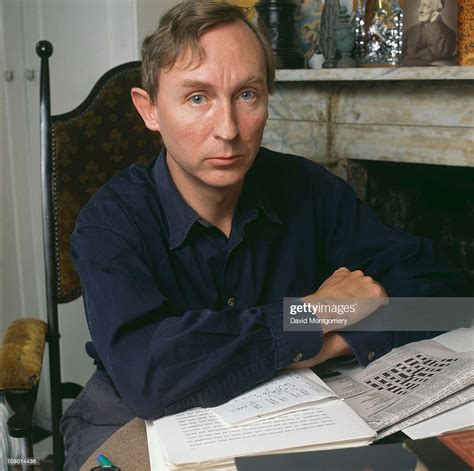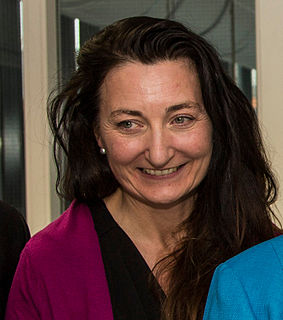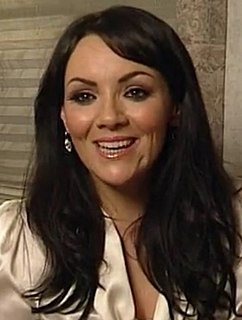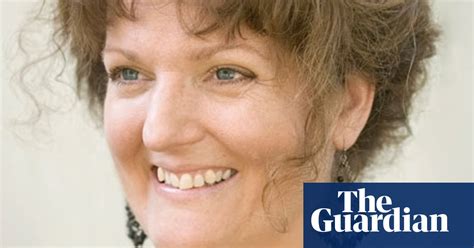A Quote by Slavoj Žižek
Thinking begins when you ask really difficult questions.
Related Quotes
When Christians start thinking about Jesus, things start breaking down, they lose their faith. It's perfectly possible to go to church every Sunday and not ask any questions, just because you like it as a way of life. They fear that if they ask questions they'll lose their Christ, the very linchpin of their religion.
You're not a Black man. You're a human being in God's eyes. So when you sit down to talk to someone and you talk to them in really intelligent terms, you ask difficult questions, there's a militancy that's assigned to you without you asking for it, because you are simply judged by what you look like. If you're a white person asking the same questions, you'd be one of these CNN guys and say how brilliant he is. That doesn't work for you, because this is the world we live in.
At first I wanted to go to university, but I really didn't dare to. I was too self-conscious, being a working-class kid. It was really difficult. I was going to study history, but the professor asked me some questions I didn't understand, and I didn't dare to ask what they meant. I left university and went to work in the Post.
It looks as if I was thinking what you were thinking." "Actually, you weren't. I was really thinking I needed to ask you a question." "What was that?" "Do you think we should ask Goatee Guy how to find the caterer?" I smiled at him innocently as his eyebrows pratically met above his nose. "I am never going to share my pet peeves with you again."









































